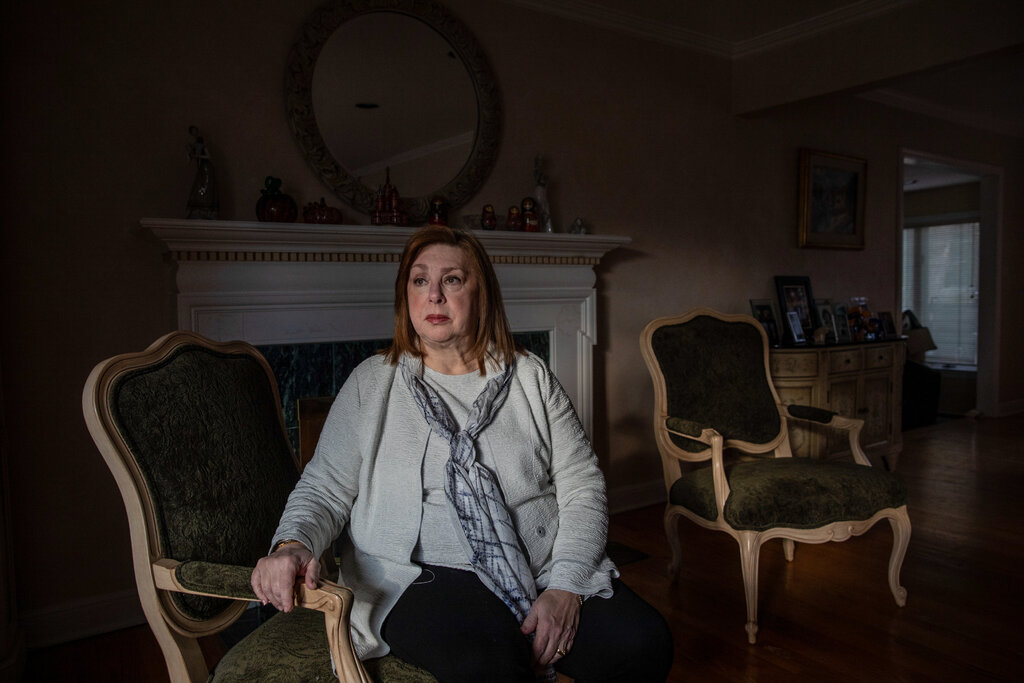
Individuals facing serious life-threatening illness and approaching death deserve to be treated with dignity, respect and compassion and to receive care that is focused on the individual’s choices for care. Families need and deserve to receive support. To achieve their goals, individuals need to plan ahead, know their choices, make sound decisions and share their wishes with their loved ones and health care professionals. Health Care Professionals need to be aware of the patient’s goals of care and share existing medical evidence with patients to facilitate their decision-making.
Health Care Professionals should discuss choices of end of life care with their patients who have advanced progressive chronic illness, or terminally ill.
At the Tennessee End of Life Partnership (TELP), we aim to educate and empower patients, families, health care and other professionals to accomplish this goal.

Upcoming Educational Event
May 20th, 2025
TELP Annual Spring Conference, Conversation.
8:30 AM – 12:45 PM ET Via Zoom Fee: $80 4 NAB CE Credits
Brochure
Other events coming soon.
Filing Suit for ‘Wrongful Life’

Gerald and Elaine Greenberg married in 1976, as dental students. They practiced on Long Island and in Manhattan and raised two sons. Then in 2010, she noticed that her husband, the math whiz, was having trouble calculating tips in restaurants. “He just didn’t seem as sharp,” she said.
The devastating diagnosis from a neurologist: early-onset Alzheimer’s disease.
“We knew what could be ahead for him,” Elaine Greenberg said. “He didn’t want to lie there with tubes and diapers. That’s not how he wanted to end his life.”
Together, they called a lawyer and drew up advance directives in 2011. “We gave it a lot of thought,” she said. His directive was very specific: If he became terminally ill, permanently unconscious or seriously and irreversibly brain damaged, he wanted comfort measures only. No cardiac resuscitation or mechanical respiration. No tube feeding. No antibiotics.
Gerald Greenberg died in 2016 — and a recent lawsuit brought by his widow charges that when he was unresponsive and near death from sepsis at Montefiore New Rochelle Hospital in Westchester County, the hospital and an attending physician there failed to follow his directive.
…
Continue reading at The New York Times
